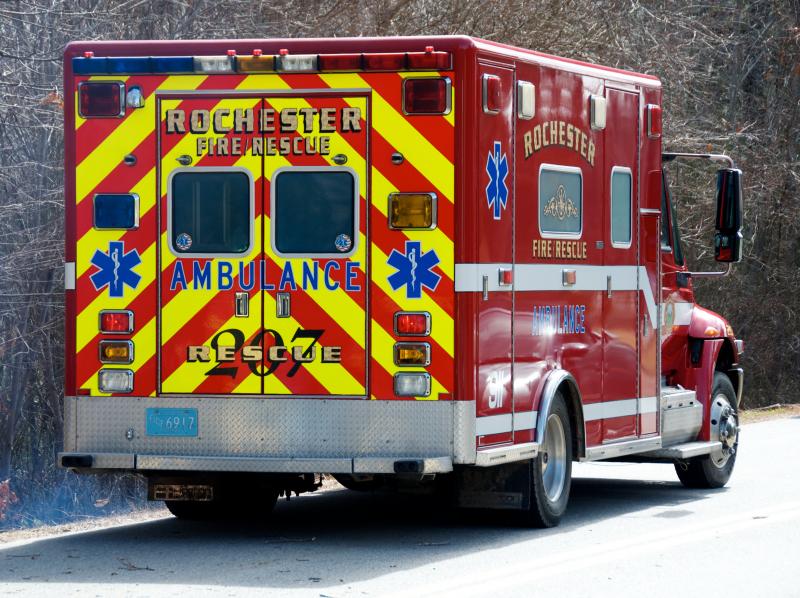Rochester prepares to join regional 911
If everything goes as planned, Rochester will join a regional 911 system based in Duxbury.
“I see this as a great improvement,” said Police Chief Paul Magee. “I think we have great dispatchers who do a great job, but we have the opportunity to get some highly experienced dispatchers.”
Selectmen will sign an agreement with the Regional Old Colony Communications Center by the end of January, said Town Administrator Suzanne Szyndlar.
On Tuesday, the town held the second of two informational meetings with Duxbury Chief Kevin Nord to give the public a chance to ask questions and to further explain the benefits of joining the call center.
Duxbury hosts the communications center, with Plympton and Halifax the other members. Nord heads the dispatch center and said there are significant funds for regionalized departments through the State 911 Department.
Those funds will offset the costs for Rochester to join the communications center by $125,000 a year for the first five-year contract. Rochester will pay $175,000 a year.
To maintain its own dispatch department, Rochester appropriated $317,000 in the current budget, which includes four full-time and two part-time dispatchers. Those funds do not include healthcare or the funds needed to upgrade the outdated technology.
Nord said they will also apply for about $300,000 in development funds through State 911 to upgrade the town’s communications systems. There are currently dead zones all over town, and the repeater system is “just consumer brand electronics,” said Chief Magee. He also said the system was in place when he took over in 2003.
Once Rochester is part of the ROCCC, all dispatch services will be moved to the communications center where dispatchers use Google maps among other digital technologies to accurately send out firefighters, police officers and tow trucks.
Since the ROCCC opened a few years ago, Nord said kinks have been worked out of the system, and last year dispatchers handled 30,000 calls. Additionally, he said there are redundancies built into the system to allow all calls to be handled efficiently.
Nord said Rochester residents will not see a change, even those who still call the seven-digit police phone line instead of 911.
“You won’t even notice it other than the fact that you might not recognize the officer’s voice,” he said.
Magee said the only major difference is that no dispatchers will be in the police station, but he is going to make sure that there will be a civilian on duty during hours when people often come into the station with requests.
“We have discussed that it would be imperative to have someone at the police station, some type of greeter/secretary for routine business,” he said.
Additionally, even at night when there may not be anyone in the building, there will be something in place in case someone needs help at the station.
A live video feed of the police station will be installed as will a phone at the police and fire stations that will connect to the dispatch center. The police station may also be equipped with a panic button to lockdown the entryway in the event someone needs to seek shelter until officers arrive.
As for the town’s dispatchers, they can apply to work at the communications center. Though they are not guaranteed a position, Nord said preference is given to local, experienced dispatchers.
Now, Rochester Selectmen need to finalize their agreement with ROCCC, so grants can be submitted to State 911 by March 31. Szyndlar said the dispatch is likely to be moved by the end of 2017.















